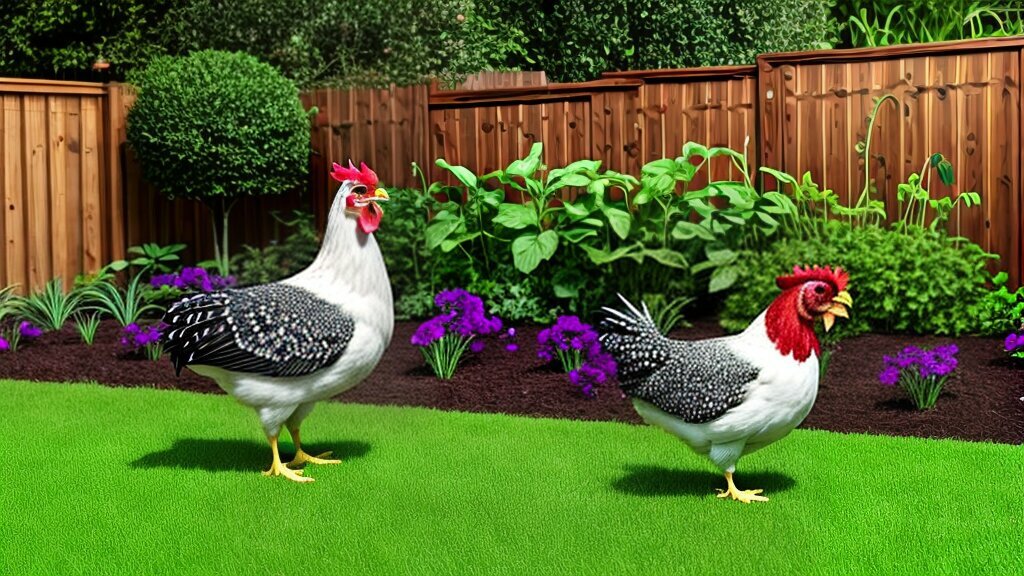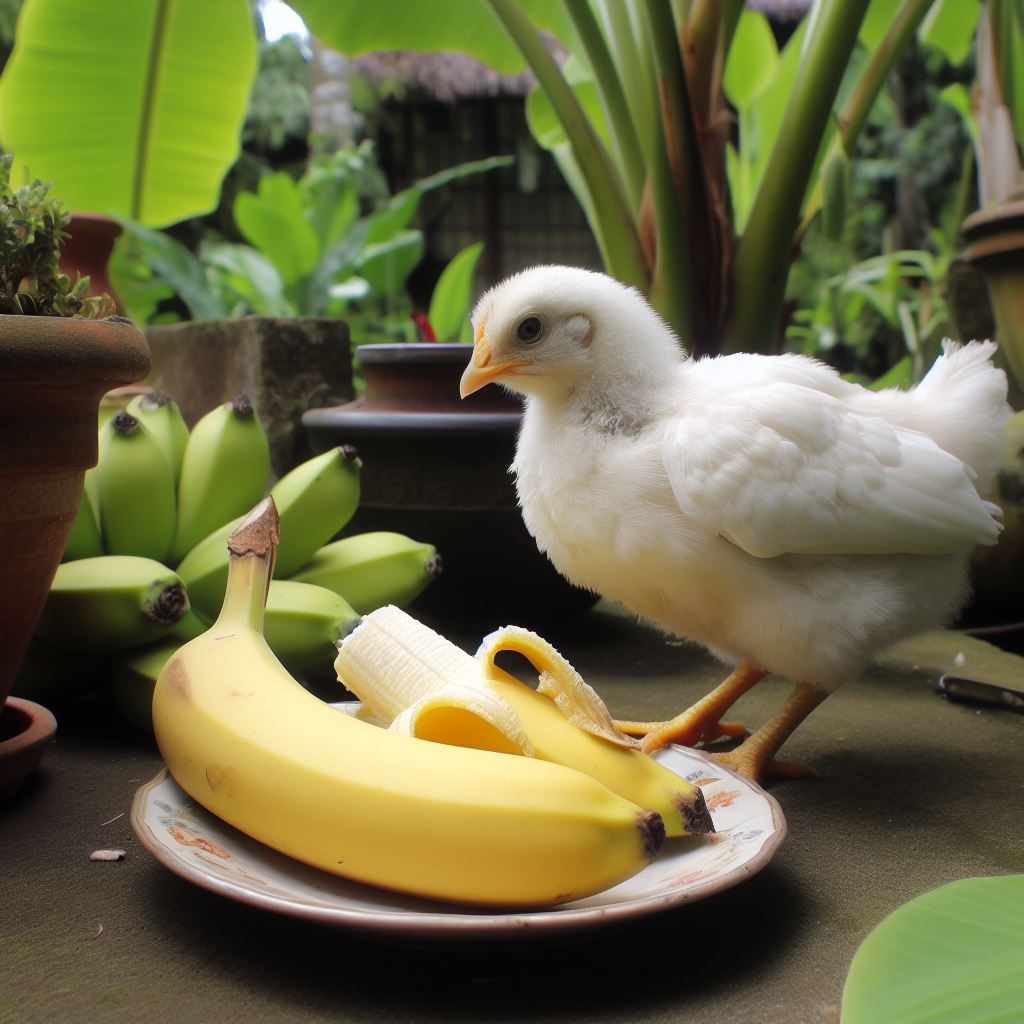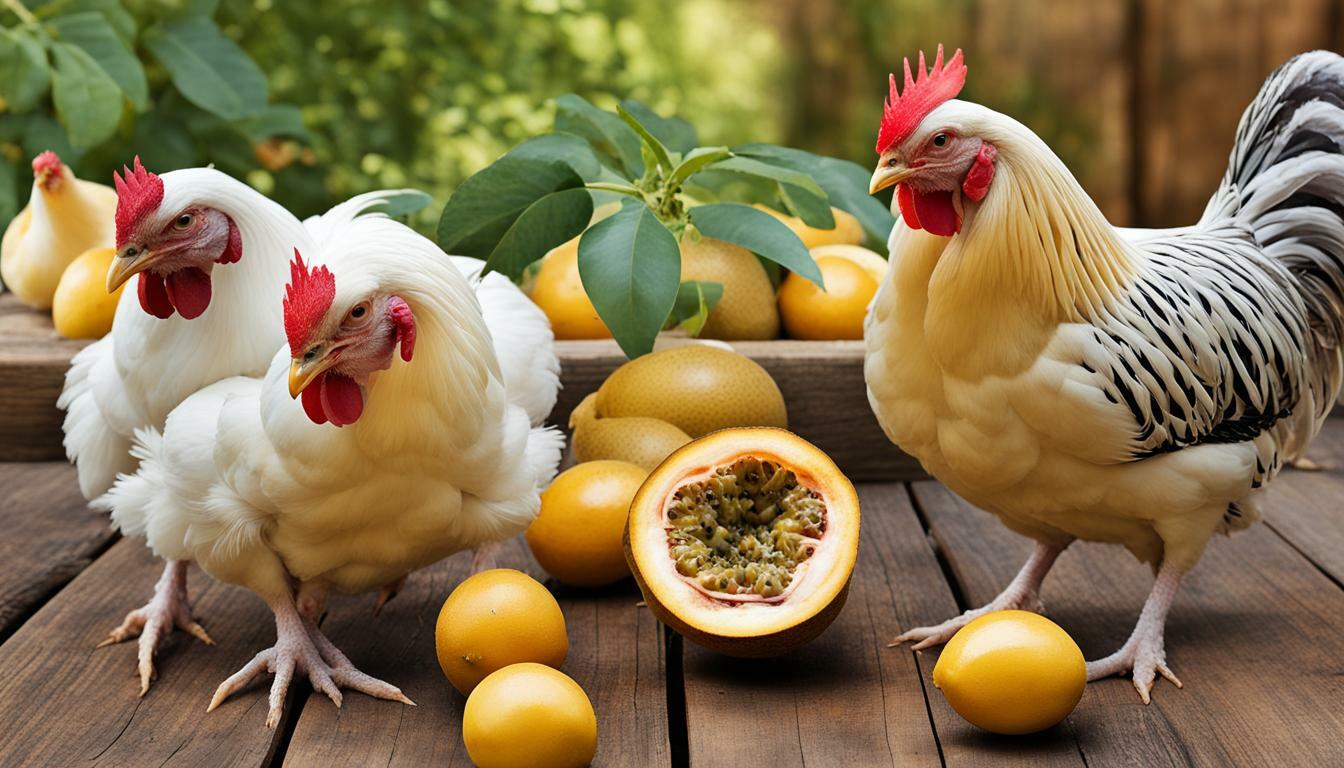Can Chickens Eat Eggplant? Treat for Your Backyard Flock

Table of content:
- How Much Eggplant Can Chickens Eat?
- Eggplant Feeding Tips for Chickens
- FAQ About Can Chickens Eat Eggplant?
- Can chickens eat eggplant every day?
- Do chickens like the taste of eggplant?
- Are eggplants a healthy treat for chickens?
- Is it necessary to peel and deseed eggplants for chickens?
- Can eggplant make chickens sick?
- How should you introduce eggplant to a chicken’s diet?
- Can chickens eat eggplant flowers?
- Is conventionally grown eggplant safe for chickens?
- Final Thoughts
Eggplants are classified as berries and grow on a bushy plant that can reach up to 4 feet tall. Popular varieties include long purple eggplants, white eggplants, and smaller varieties like Indian eggplants. One question that often comes up is can chickens eat eggplant?
While originally from India and parts of Asia, eggplant is now grown and enjoyed around the world. In fact, China, India, and Iran lead worldwide production today.
Their taste is often described as rich, floral, and slightly bitter. When cooked, eggplant takes on a soft, silky texture and absorbs surrounding flavors nicely.
Eggplants belong to the nightshade family, alongside tomatoes, peppers, and potatoes. Like these relatives, eggplants contain glycoalkaloids – natural pesticides produced by the plants. For humans, the levels present in eggplant are very low and not a concern. But for chickens, it introduces a degree of risk when consuming larger amounts.
How Much Eggplant Can Chickens Eat?
When introducing any new food, moderation is advisable. Start by offering chickens a small amount of eggplant once or twice per week. This allows their digestive system time to adjust.
Observe how eagerly your flock eats eggplant and how much waste is left behind. Most sources recommend eggplant makes up no more than 10% of a chicken’s total diet. The remaining 90% should come from a balanced feed or ration designed for chickens.
Assuming they enjoy and tolerate it well, you can gradually increase the serving size. The glycoalkaloid concentration is highest in eggplant skin and seeds. Consider removing the skin and deseeding before feeding to reduce this, especially for smaller or younger chickens.
To put this in perspective, a standard large eggplant yields around 1 1⁄2 pounds of usable fruit for chickens when peeled and deseeded. This would be enough for 2-3 adult chickens for a single meal a couple times a week. Slightly more could be fed if chopped into smaller pieces and mixed with their regular feed to dilute it.
Remember eggplants are over 90% water, so they won’t provide much energy or sustenance on their own. The serving size and frequency should complement the rest of the balanced diet without allowing eggplant to become a mainstay.
Eggplant Feeding Tips for Chickens
If you’d like to offer your flock a taste of eggplant, here are some tips for doing it safely and effectively:
- Introduce slowly at first to watch for reactions
- Chop eggplant into small, chicken-sized pieces
- Mix in with feed to encourage eating
- Remove skin and seeds to reduce glycoalkaloid content
- Combine with high protein feeds like greens or grubs
- Feed eggplant in moderation – no more than 10% of diet
- Ensure plenty of fresh water is available
- Monitor droppings for diarrhea indicating too much
- Source organic, non-gmo eggplants when possible
- Wash thoroughly if from conventional source
- Offer fruits and veggies sparingly as treats
With a few simple precautions, your chickens can likely enjoy eggplant as an occasional component of their diet. Use the cues of your flock to find the right balance.
Some chickens may show little interest or even dislike eggplants. Don’t force the issue if a particular hen doesn’t seem to enjoy this vegetable. Others will relish eggplant as a tasty treat!
FAQ About Can Chickens Eat Eggplant?
Here are some common questions chicken owners have about feeding their flock eggplants:
Can chickens eat eggplant every day?
It’s best to limit eggplant to no more than a couple times a week for chickens.
Do chickens like the taste of eggplant?
It depends on the individual chicken! Some love the rich, creamy taste of eggplant while others avoid it due to the bitter skin and seeds. Many enjoy eggplant when mixed into their feed.
Are eggplants a healthy treat for chickens?
In moderation, yes – eggplants provide moisture, fiber, vitamins, and antioxidants chickens can benefit from. They are healthier than high-sugar or high-salt treats. But the bitter alkaloids mean they should be fed sparingly.
Is it necessary to peel and deseed eggplants for chickens?
Peeling and deseeding reduces the glycoalkaloid concentration chickens consume, so it is a wise precaution. However, chickens self-limiting their intake could tolerate small amounts of skin and seeds.
Can eggplant make chickens sick?
Consuming too much eggplant could cause gastrointestinal upset for chickens. Symptoms might include diarrhea, loss of appetite, or lethargy. Very high amounts over time pose a toxicity risk from the natural alkaloids.
How should you introduce eggplant to a chicken’s diet?
Start slowly with a small piece of peeled, deseeded eggplant mixed into their feed 1-2 times per week. Gradually increase frequency and serving size over 2-3 weeks as you monitor for reactions. Limit eggplant to under 10% of total feed.
Can chickens eat eggplant flowers?
Yes, the flowers are edible for chickens and provide nutrients. They contain less of the bitter glycoalkaloids than the mature fruit. Introduce flowers gradually in small amounts like other new treats.
Is conventionally grown eggplant safe for chickens?
Organic, non-GMO eggplant is best to limit chemical exposure. If using conventional eggplants, wash thoroughly and peel/seed them to remove potential pesticide residue from the skin.
Final Thoughts
The next time you’re preparing an eggplant Parmesan, baba ghanoush, or ratatouille, consider saving some scraps for your chickens. When fed responsibly, eggplant can be a fun, healthy, and engaging supplement to your flock’s regular diet.
Just remember moderation is key, steer clear of the skin/seeds, and monitor your chickens for any adverse reactions. Please share any experiences or advice on feeding eggplants in the comments below.
Welcome. I’m Adreena Shanum, the proud owner of this website, and I am incredibly passionate about animals, especially poultry. I founded adreenapets.com as a labor of love, stemming from my desire to share my knowledge and experiences with poultry enthusiasts worldwide.




